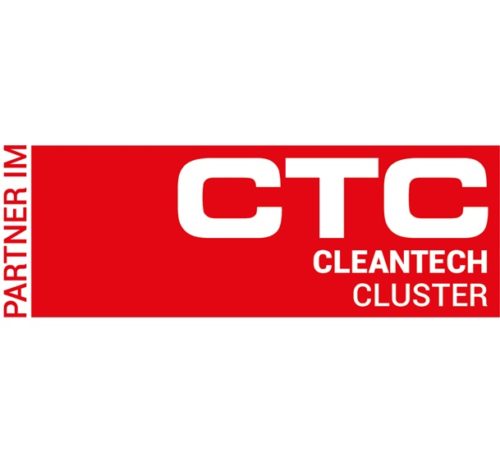Whistleblowing reporting systems
We help with implementation and processing!

What is to be done when a GmbH partner becomes insolvent? Many companies ask themselves this question already when they are founded, some only in the midst of a crisis. The answer is – if it is up to the shareholders – simple: The share of the insolvent shareholder should be taken over by the others. Under no circumstances should an unwanted third party enter the company through a sale in bankruptcy. Therefore, in practice, pre-emption clauses are often agreed in advance to keep control of the company’s shareholders.
When a co-shareholder slips into insolvency, his share is also affected. The liquidator then has to take care of the best possible realization of all the assets (and thus also of the shares). So far, it has been disputed whether the insolvency administrator has to take any pre-emptive rights of the other shareholders into account or whether he is free to sell the shares on the market and not bound by pre-emptive rights.
In the latest rulings of the Supreme Court of Justice, this question remained unanswered. The Higher Regional Courts held differing views on this issue, which – reinforced by the binding ruling of the Higher Regional Court Linz (6 R 95/19m; heavily criticized by Huemer/Haglmüller, see e.g. here) that caused a sensation last autumn – led to legal uncertainty and differing solution approaches in the drafting of contracts.
A current ruling of the Supreme Court of Justice (6 Ob 64/20k) finally brings clarity: pre-emptive rights on shares in the case of a shareholder’s insolvency are legal. Therewith, the shareholders’ “keeping to themselves” in the event of insolvency has been recognized as a legitimate interest.
The Supreme Court ruled that severance payments are to be agreed (in the light of creditor protection) in such a way that they are the same for all cases of voluntary resignation and the death of a shareholder on the one hand and for the execution as well as insolvency of the shareholder on the other hand. The amount of severance payment can correspond to the market value or a lower value.
Pre-emptive rights on shares in the case of a shareholder’s insolvency are admissible. The amount of severance payment does not necessarily have to correspond to the market value, it can also be lower, provided that this agreement applies to all cases of insolvency and execution as well as voluntary and involuntary resignation. Beyond that, however, they must not be indecent and shortened by more than half.
Practice has shown that the severance payments are less based on the market value but rather that calculation formulas are used to avoid conflicts – for example based on the specific (average) company profits in a specific time period.
This ruling of the Supreme Court has an important impact not only on the drafting of future articles of incorporation, but also on existing (already registered) articles of incorporation which must also meet these new criteria.
Contribution by:
Daniela Huemer, Theresa Haglmüller
Published in “DerStandard”, November 9th, 2020 (URL)
Commentary in “DiePresse”, November 9th, 2020 (URL)
A detailed comment by Huemer / Haglmüller on the ruling will appear shortly in GeS 2020, Issue 8 (Journal of Corporate Law).
9. November 2020






